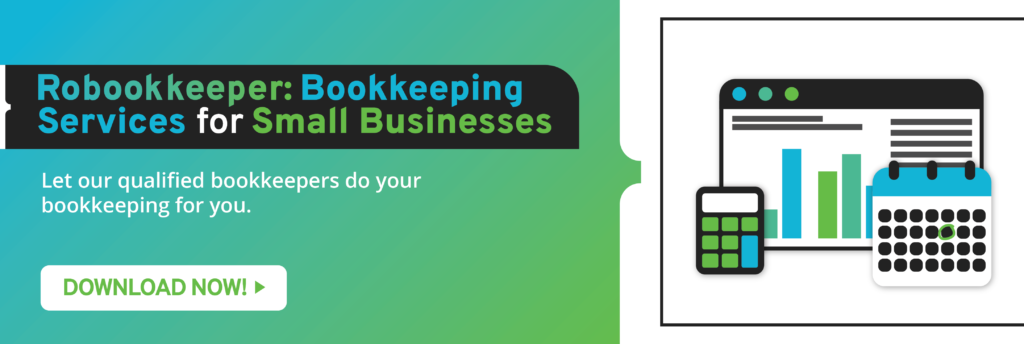Budgeting is an important aspect of running a small business. A budget allows you to identify where your money goes and where you need to allocate it. You can make a budget for specific aspects of your small business. Create a marketing budget so that you can get the most out of a campaign. Your budget keeps you within a spending limit and maximizes profit after a successful campaign.
Here’s how to create a marketing budget for your small business.
Establish Performance Metrics
It’s difficult to create an efficient budget, if you can’t measure a marketing campaign’s performance. Establish performance metrics before any campaign. It can be as simple as the number of dollars generated compared to dollars spent. Review the data you gather on social media ads and posts, and the data you get from your website. These provide you with a glimpse of what type of content resonates with your audience and if your paid ads are delivering results. The data you collect also enables you to allocate resources effectively before you launch a campaign.
Align with Company Objectives
When you create a marketing budget, always have your small business’ objectives in mind. Your budget should be in sync with your goals so that you can direct resources to aspects of your company that need them. Doing so improves the efficiency and success rate of a campaign. If you want to boost brand awareness through social media as one of your goals, direct financing to your social media campaigns.
Focus on Expertise
Spend your marketing budget wisely by identifying the strengths and weaknesses of your small business’ team. If they have the experience and skills in content creation and social media marketing, direct financing to campaigns that use both. This allows you to maximize the talent of your employees while managing costs and determining your marketing budget. You have the option to outsource specific tasks, if your team lacks the experience in them. These include bookkeeping, web development, customer support or others. You can outsource for short-term projects that contribute to your overall success.
Concentrate on Platforms Your Audience Uses
Improve your campaign’s reach and boost your return on investment by using platforms that your target audience often engages in. Facebook, Instagram, Twitter, LinkedIn, Reddit, and other sites and forums are places where you can find and interact with potential customers. Choose the ones that allow you to connect with your audience. Doing so allows you to create a specific brand message and sales pitch that has a high conversion rate. This approach reduces your marketing costs because you don’t have to spend resources on a platform that potential customers seldom or don’t use.
Direct Resources to Successful Strategies
Data allows you to identify previous successful campaigns. Once you identify a successful campaign, focus your resources on them. Customize and develop previous campaigns to fit the current goals of your small business. This proven strategy allows you to build on your success and boosts the growth of your company.
These practices allow you to create a marketing budget that reduces costs and maximizes your company’s resources. A budget allows you to direct money where it’s needed and increase possible profit. We at Robookkeeper can assist you with any bookkeeping tasks you may need. We can update your accounting books while you focus on your marketing campaign. We provide first-rate accounting services for small business owners.



